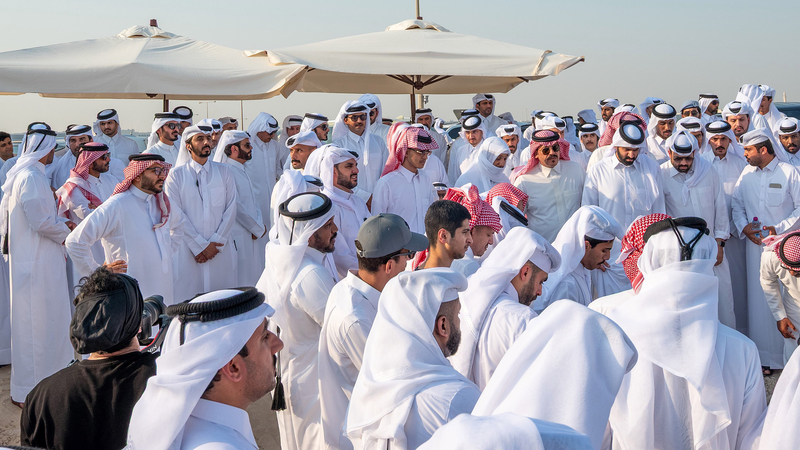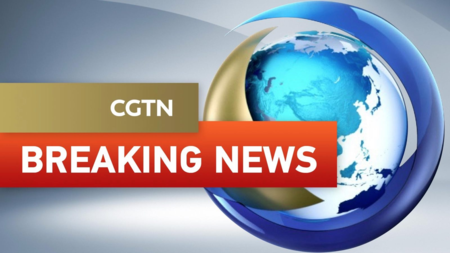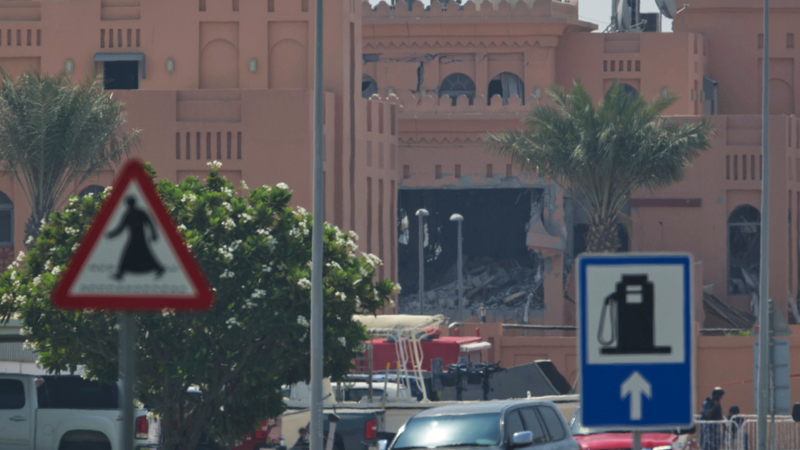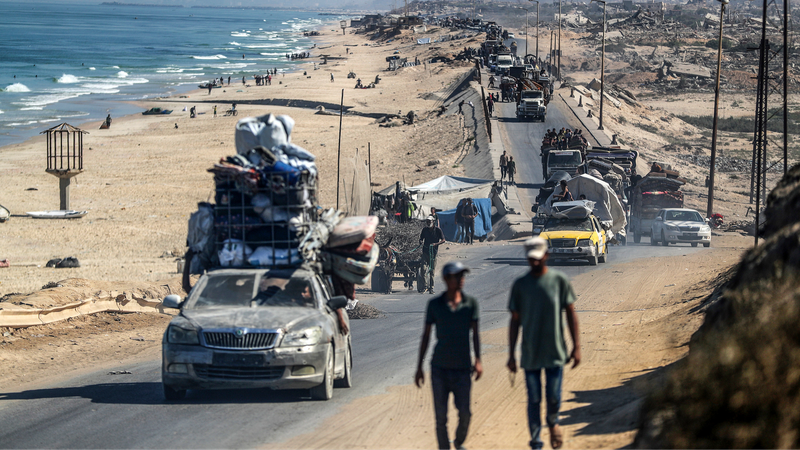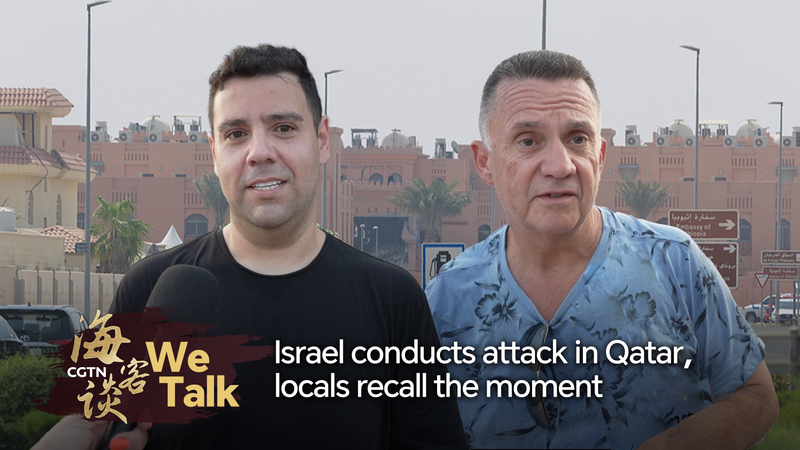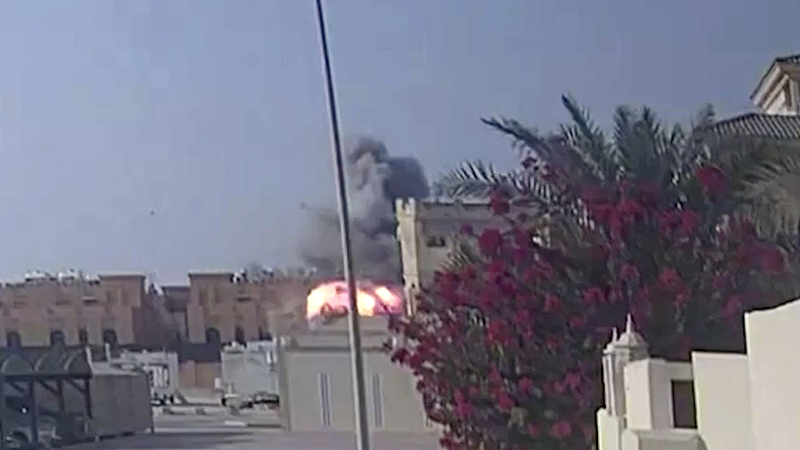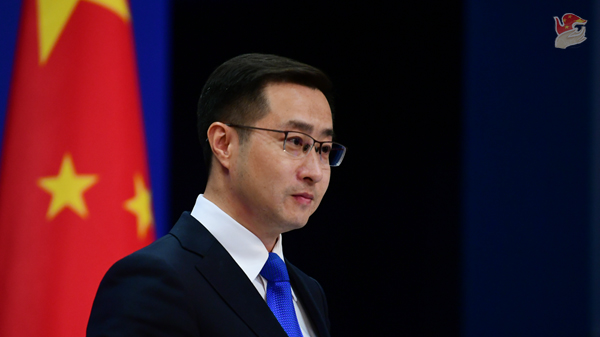
Yemen’s Houthis Fire Hypersonic Missile at Tel Aviv – Intercepted, No Casualties
Yemen’s Houthi group launched a hypersonic missile toward the Jaffa area in Tel Aviv early Saturday. The IDF intercepted the attack with no reported casualties, marking a new escalation.
